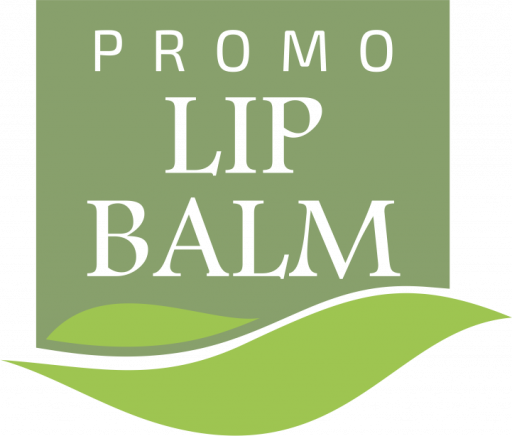When it comes to keeping lips soft, hydrated, and protected, lip balm is an essential part of daily skincare. But with so many options on the market, choosing between natural and synthetic lip balms can be confusing. While both have their benefits, understanding the differences can help you make an informed decision that suits your needs. Let’s explore the key aspects of natural and synthetic lip balms to determine which one is better for you.
Understanding Natural Lip Balms
Natural lip balms are made with ingredients derived from nature, such as beeswax, shea butter, coconut oil, and essential oils. These formulations avoid artificial additives, parabens, and synthetic fragrances, making them a popular choice for those seeking a more organic skincare routine.
Benefits of Natural Lip Balms:
- Gentle on Sensitive Skin – Natural ingredients are less likely to cause irritation or allergic reactions.
- Eco-Friendly – Many natural lip balms use biodegradable packaging and sustainably sourced ingredients.
- Nourishing Ingredients – Oils like coconut and jojoba deeply hydrate, while beeswax provides a natural protective barrier.
- No Harsh Chemicals – Free from parabens, artificial fragrances, and petroleum-based ingredients.
Potential Downsides:
- Shorter Shelf Life – Since they lack preservatives, they may expire faster than synthetic alternatives.
- Texture Variations – Depending on temperature, natural balms may harden in cold weather or soften in heat.
Exploring Synthetic Lip Balms
Synthetic lip balms are formulated with lab-created ingredients, including petroleum jelly, synthetic waxes, and artificial flavors. Many commercial brands incorporate humectants and occlusive agents to lock in moisture.
Benefits of Synthetic Lip Balms:
- Long-Lasting Hydration – Some synthetic formulas include ingredients that help retain moisture for extended periods.
- Consistent Texture – Unlike natural balms, they maintain a uniform consistency regardless of temperature.
- Extended Shelf Life – Synthetic preservatives help these products last longer without spoiling.
- Affordable Options – Often more budget-friendly than organic alternatives.
Potential Downsides:
- Possible Skin Irritation – Some people may react to artificial fragrances, colors, or preservatives.
- May Contain Petroleum-Based Ingredients – Some synthetic balms use mineral oils derived from petroleum, which may not be ideal for eco-conscious consumers.
Which One is Better?
The choice between natural and synthetic lip balm largely depends on personal preference and specific needs. If you prioritize eco-friendliness and natural ingredients, a natural lip balm is the best option. However, if you need a long-lasting and budget-friendly solution, a synthetic lip balm might work better for you.
How Lip Balm Enhances the Dental Care Experience
Lip balms play a crucial role in oral health, especially for those who visit the dentist regularly. Dry lips can be a common concern during dental treatments, making it important for dental practices to offer lip balm as part of the patient experience.
At Promo Lip Balm, we provide customizable dental products, including high-quality lip balms, to enhance patient comfort and promote brand awareness. Our mint chocolate chip gum is another great way to keep patients feeling fresh and appreciated after their visit.
Final Thoughts
Ultimately, whether you choose a natural or synthetic lip balm depends on your skin type, lifestyle, and values. For those who prefer organic and skin-friendly ingredients, natural lip balms are the way to go. On the other hand, if you seek convenience, affordability, and long-lasting hydration, synthetic lip balms may be a better fit. Either way, keeping your lips moisturized is key to maintaining healthy, smooth lips all year round.
